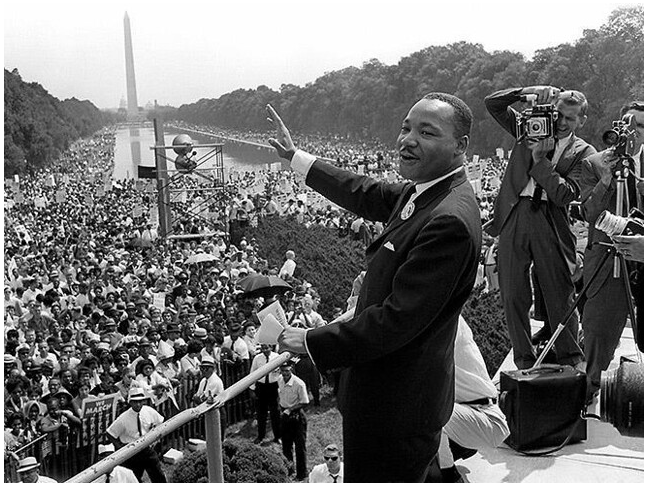Dr. Martin Luther King Jr. is best remembered as a leader of the Civil Rights Movement, a champion for racial equality, and a powerful voice for justice. While much of his work focused on voting rights, desegregation, and economic justice, Dr. King also had a profound vision for healthcare equity. He believed that healthcare was not merely a privilege but a fundamental human right, and he fought to address the systemic inequalities that denied marginalized communities access to quality care.
The Intersection of Healthcare and Civil Rights
Dr. King famously stated, “Of all the forms of inequality, injustice in health is the most shocking and inhuman because it often results in physical death.” These words, spoken at the Medical Committee for Human Rights (MCHR) meeting in 1966, highlight his recognition that health disparities were deeply tied to broader issues of social and economic injustice. For King, healthcare inequity was a moral failure that reflected the pervasive racial and economic discrimination entrenched in American society.
During the Civil Rights Movement, African Americans faced significant barriers in accessing healthcare. Hospitals were segregated, Black patients were often denied treatment, and healthcare facilities in predominantly Black neighborhoods were underfunded and understaffed. These disparities led to higher mortality rates and poorer health outcomes for African Americans and other marginalized groups.
Dr. King’s Advocacy for Health Equity
Dr. King’s commitment to healthcare equity was evident in his collaboration with organizations like the MCHR, which served as the medical arm of the Civil Rights Movement. The MCHR provided medical care to activists during marches and protests, ensuring that those on the frontlines had access to the healthcare they needed. This collaboration also brought attention to the broader issue of healthcare discrimination.
King’s advocacy extended beyond addressing immediate needs. He understood that systemic change was necessary to achieve true health equity. He called for the elimination of segregated medical facilities and advocated for policies that would provide equal access to healthcare for all, regardless of race or socioeconomic status. His Poor People’s Campaign, launched in 1968, sought to address economic inequalities that contributed to poor health outcomes, emphasizing the need for fair wages, decent housing, and access to quality healthcare.
The Impact of King’s Vision
Dr. King’s work laid the foundation for many of the advancements in health equity that followed. His efforts contributed to the passage of landmark legislation like the Civil Rights Act of 1964, which included provisions to desegregate hospitals and prohibit discrimination in federally funded programs, including healthcare. Title VI of the Act mandated that hospitals receiving federal funds through Medicare and Medicaid could no longer discriminate based on race, significantly expanding access to care for millions of African Americans.
In addition to legislative achievements, King’s vision inspired generations of activists, healthcare professionals, and policymakers to continue the fight for health equity. His words and actions remain a powerful reminder that access to healthcare is a fundamental aspect of social justice.
The Work Continues
While significant progress has been made since Dr. King’s time, the fight for health equity is far from over. Racial and socioeconomic disparities in healthcare persist, with marginalized communities continuing to face higher rates of chronic diseases, maternal mortality, and barriers to accessing care. The COVID-19 pandemic further exposed these inequities, disproportionately affecting Black, Indigenous, and other communities of color.
To honor Dr. King’s legacy, it is essential to address the root causes of these disparities. This includes:
- Expanding access to affordable healthcare through policies like Medicaid expansion and universal coverage.
- Investing in underserved communities to improve healthcare infrastructure.
- Addressing social determinants of health, such as housing, education, and employment, that contribute to health disparities.
- Advocating for culturally competent care that respects and meets the needs of diverse populations.
Conclusion
Dr. Martin Luther King Jr.’s vision for healthcare equity was rooted in his broader commitment to justice and equality. He recognized that true freedom and dignity could not exist without access to basic human needs, including healthcare. As we reflect on his legacy, let us recommit ourselves to the ongoing struggle for health equity, working to build a future where everyone has the opportunity to live a healthy and fulfilling life, regardless of their race, income, or background.




